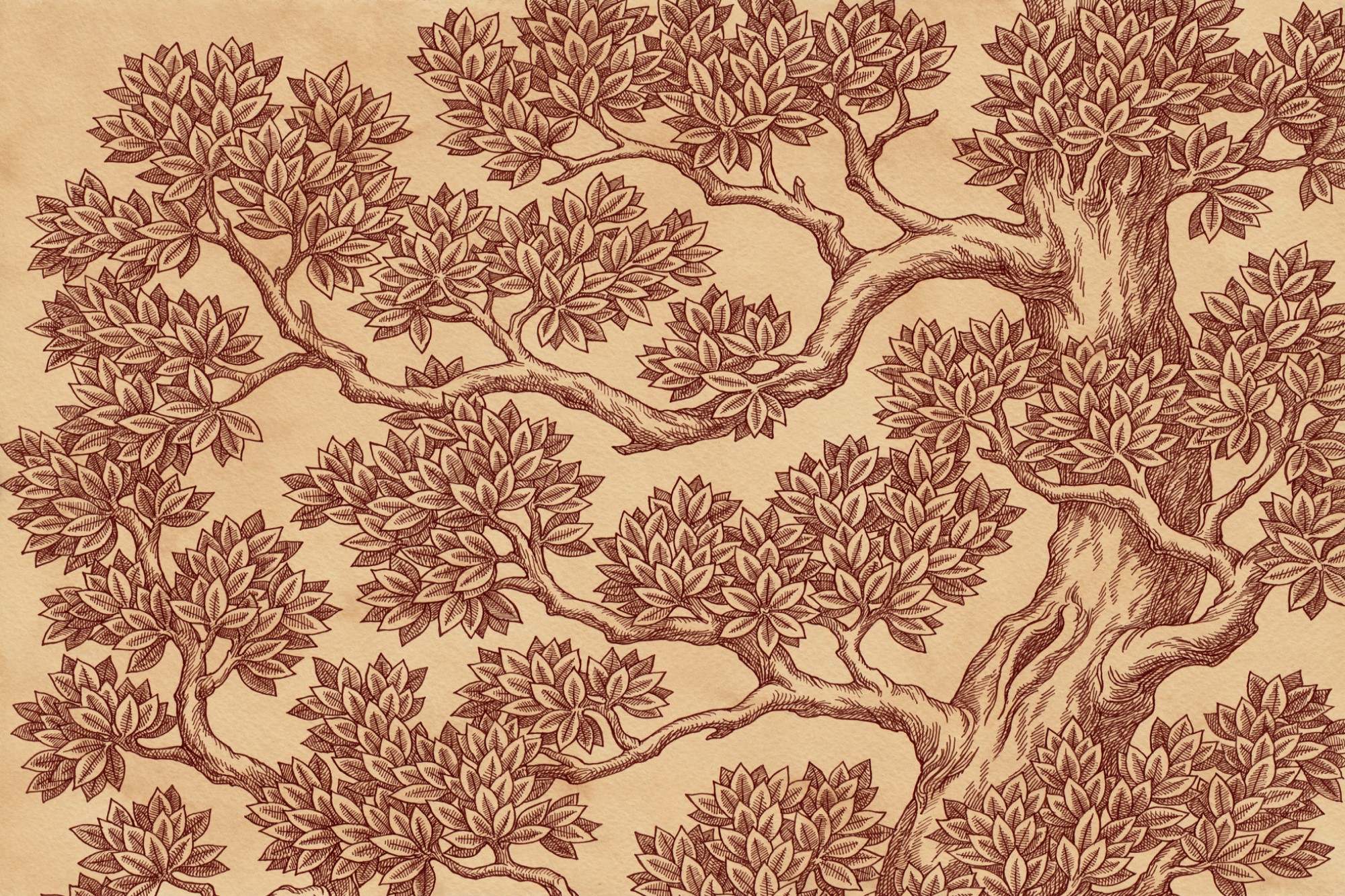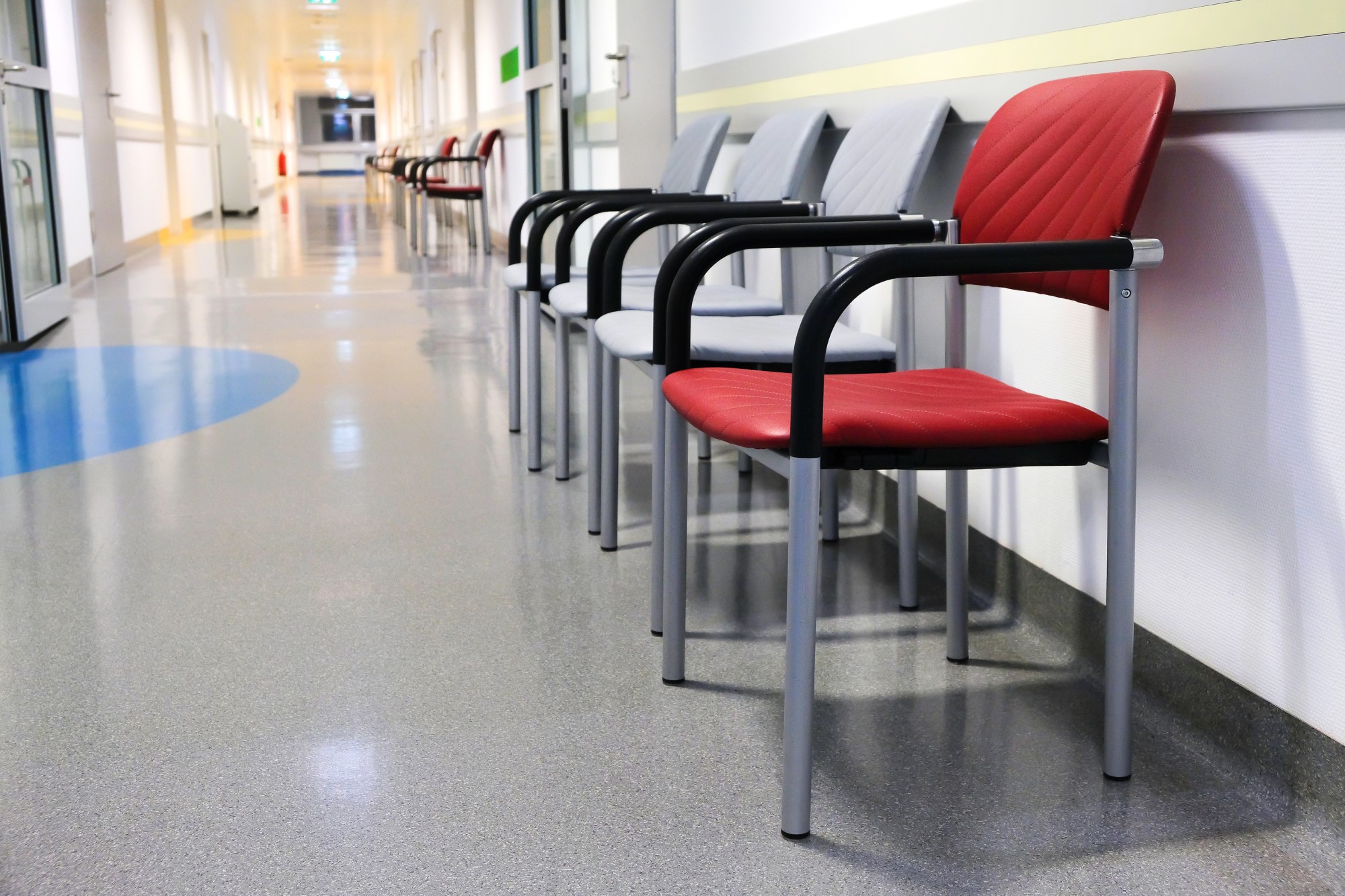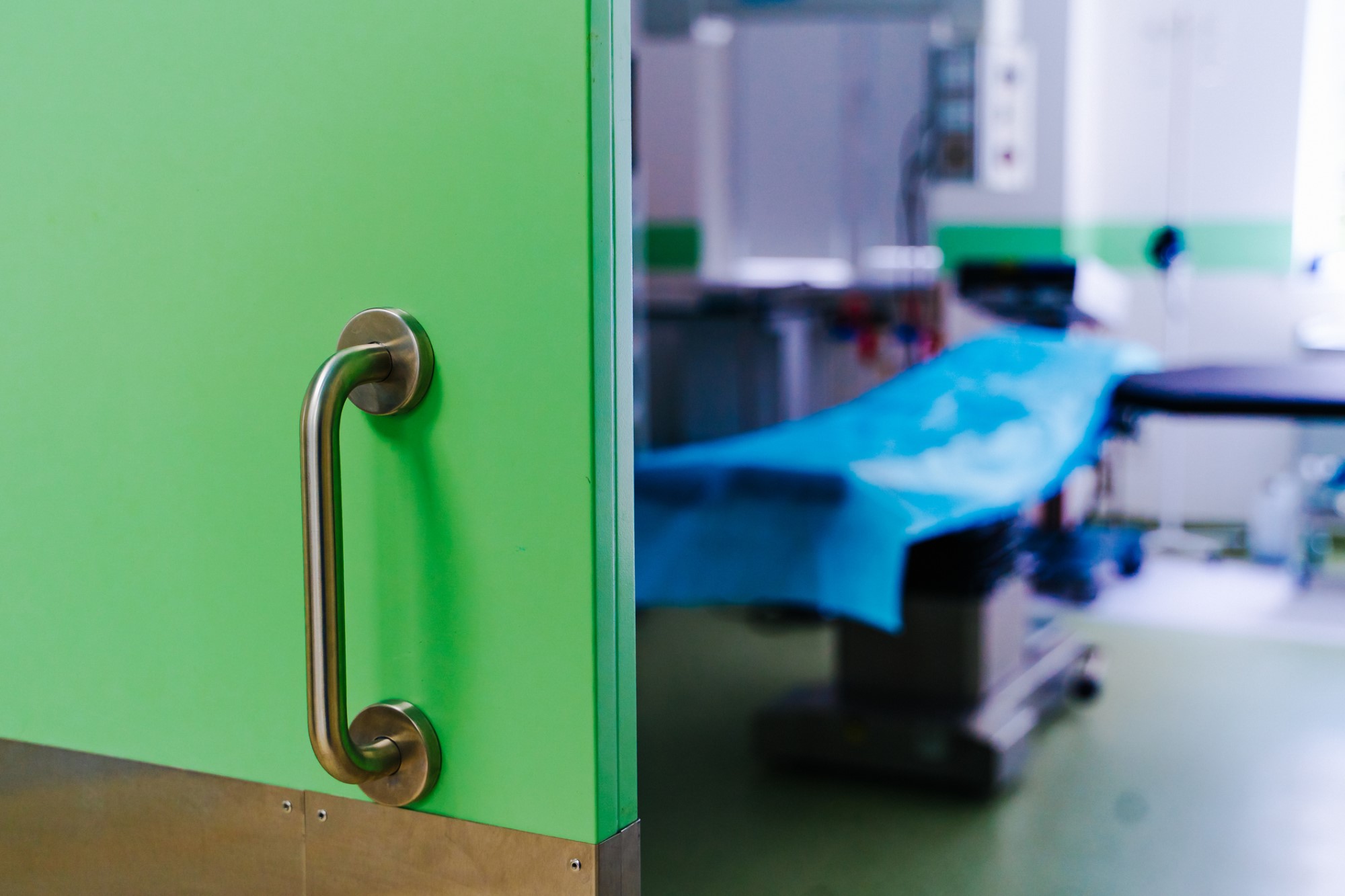Letting the Poor Die

In 2021, one out of every thirty Canadian deaths was the result of euthanasia. In March this year, access to euthanasia will be further expanded for mental illness (raising issues Daniel Burkett discusses here and here).
“I find that the act of offering the option of an assisted death is one of the most therapeutic things we do,” says Stefanie Green, a Canadian doctor specialized in euthanasia who has written a book about her experiences. Euthanasia can be a welcome solution to severe and incurable end-of-life pain. It may be difficult to think about, but there is surely such a thing as a life, even a human life, that is no longer worth living. Death can be a mercy, and euthanasia a means of providing that mercy. The mere option of euthanasia in the future, if needed, offers profound comfort to many who are diagnosed with conditions which could result in extreme suffering.
However, a number of stories have recently surfaced in Canada which exhibit the same worrying pattern. Among those thousands seeking euthanasia each year in Canada are some who are motivated, at least in part, by poverty or another lack of basic resources.
For instance, Althea Gibb-Carsley, a former care coordinator and social worker at Vancouver Coastal Health’s assisted dying program, describes Mary, 55. Mary suffers from fibromyalgia and chronic fatigue, causing pain and suffering. Mary knows she could ease her symptoms with vitamins, a special diet, and physiotherapy, all of which she cannot afford. “Mary identifies poverty as the driver of her [euthanasia] request,” writes Gibb-Carsley. “What she really needs is an extra $600 or so each month.”
Mary’s case is not unique. Christine Gauthier, a paraplegic retired Army Corporal, claims she was offered a medically assisted death after having requested a home wheelchair ramp for five years. Les Laundry, a 65-year-old pensioner fearing homelessness, reportedly received approval for euthanasia from a doctor after having told assessors he “doesn’t want to die” but “can’t afford to live comfortably.”
Cases such as Mary, Gauthier, and Laundry seem to contradict the promise of Justin Trudeau, the Prime Minister of Canada, that nobody would be euthanized “because you’re not getting the support and care that you actually need.” Trudeau’s promise also seems to be dismissed by at least some euthanasia providers. Alexander Raikin reports in The New Atlantis that he was told by a euthanasia provider that “we live in a society where we have structural inequalities. And that really sucks… But it doesn’t mean that we should be sheltering people from the option of having an assisted death.”
The seeming acceptance of poverty-induced euthanasia has led Ross Douthat, opinion columnist at The New York Times, to ask:
What if a society remains liberal but ceases to be civilized?… The idea that human rights encompass a right to self-destruction, the conceit that people in a state of terrible suffering and vulnerability are really “free” to make a choice that ends all choices, the idea that a healing profession should include death in its battery of treatments — these are inherently destructive ideas. Left unchecked, they will forge a cruel brave new world, a dehumanizing final chapter for the liberal story.
Douthat’s arguments against euthanasia are fairly explicitly based on Christian values – human life is not merely valuable but sacred. The right to bodily autonomy does not, in Douthat’s view, extend to a right to self-destruction. The unspoken premise in his arguments is that, since human life is sacred, the choice of death is not rightfully ours to make.
A more secular worry is that offering a new option to someone who is vulnerable and lacks good alternatives might itself be coercive. The anthropologist Lawrence Cohen found that in India, where paid kidney donation was legal, impoverished women were offered loans by creditors if they would sign over their kidneys as collateral. This could be seen as increasing these women’s options and hence raising their autonomy. Offering these kidney-backed loans could allow these women to start a successful small business, for instance. But there were also disturbing reports of family members pressuring and coercing women into signing the contracts for the benefit of the family. Without the option provided by these creditors, these women would have never faced such coercion. Perhaps giving them the option, ironically, made some of them less free.
We might worry about a similar dynamic in the Canadian case. If euthanasia is illegal, there is no opportunity for the sick, poor, mentally ill, or otherwise “burdensome” from feeling pressured to choose it. By providing that choice, we may reduce their autonomy if we inadvertently generate coercive pressure on them to “choose” it.
Richard Hanania, on the other hand, describes the permissive Canadian approach to euthanasia as “moral progress”:
It is true, for example, that some people might feel “pressured” to commit suicide because they don’t want to be burdens on their families or the government. I don’t think there’s anything wrong with this — in practically every other kind of situation, it is usually considered pro-social to care about the impact your life has on others.
As for the apparent links between euthanasia and poverty, Hanania claims, “one can’t turn around and say financial considerations should never have a role to play in the decisions people make.”
Hanania is right about this much: the choice to seek assistance in dying will inevitably take place within the entire context of a human life, a life which itself unfolds amid a complex economic and social system over which an individual has relatively little control.
It may be that we can never entirely remove financial considerations from an individual’s choices, including their choices over life and death. But does that mean we don’t have to worry about them, from a moral point of view? The answer could depend on whether we view the financial considerations as removing a person’s autonomy, their capacity to make a “free choice.”
Consider the concept of “wage slavery.” Thinkers from Cicero to Karl Marx to Noam Chomsky have argued that those who earn low wages with no alternative sources of income enjoy little more freedom than legal slaves. These workers’ “choice” to continue working is not clearly a genuinely free one. “They must therefore find someone to hire them, or die of hunger. Is that to be free?” wrote a French journalist around the time of the revolution. If a “wage slave,” someone in a state of economic desperation, unable to escape the cycle of poverty or move to somewhere with better job prospects, decided to endanger their health and sell a kidney, or take on the risks associated with street prostitution, we could hardly comfort ourselves with the thought, “But it was their choice!” Their financial situation has made them particularly vulnerable and left them with no decent options to choose from.
Similarly, it provides little comfort that Canadians seeking euthanasia are “choosing” to do so if they are being driven to that choice by their lack of decent alternatives, caused by their financial situations. In this vulnerable state, their choices might not reflect their sincere wishes. Their choices might not be fully free and autonomous.
Even if these autonomy-related concerns are overlooked, the emerging links between euthanasia and poverty remain a potent reminder of the extent of the financial desperation which still exists even in highly developed societies like ours – a desperation that preceded euthanasia’s legalization and would outlive any ban.




